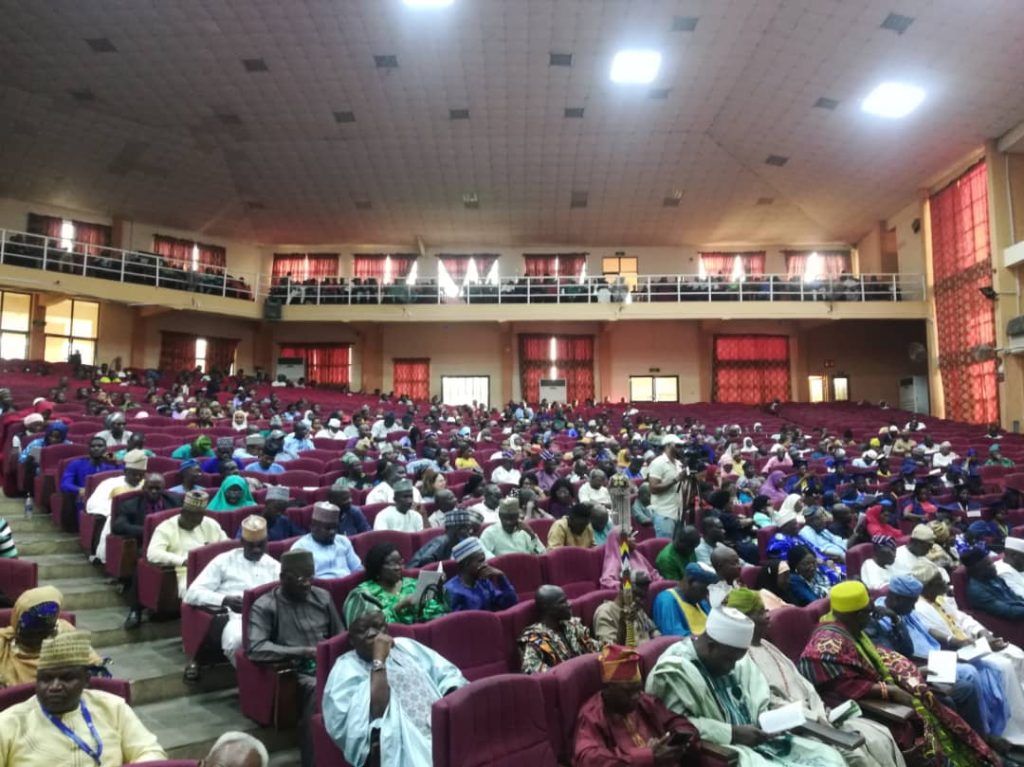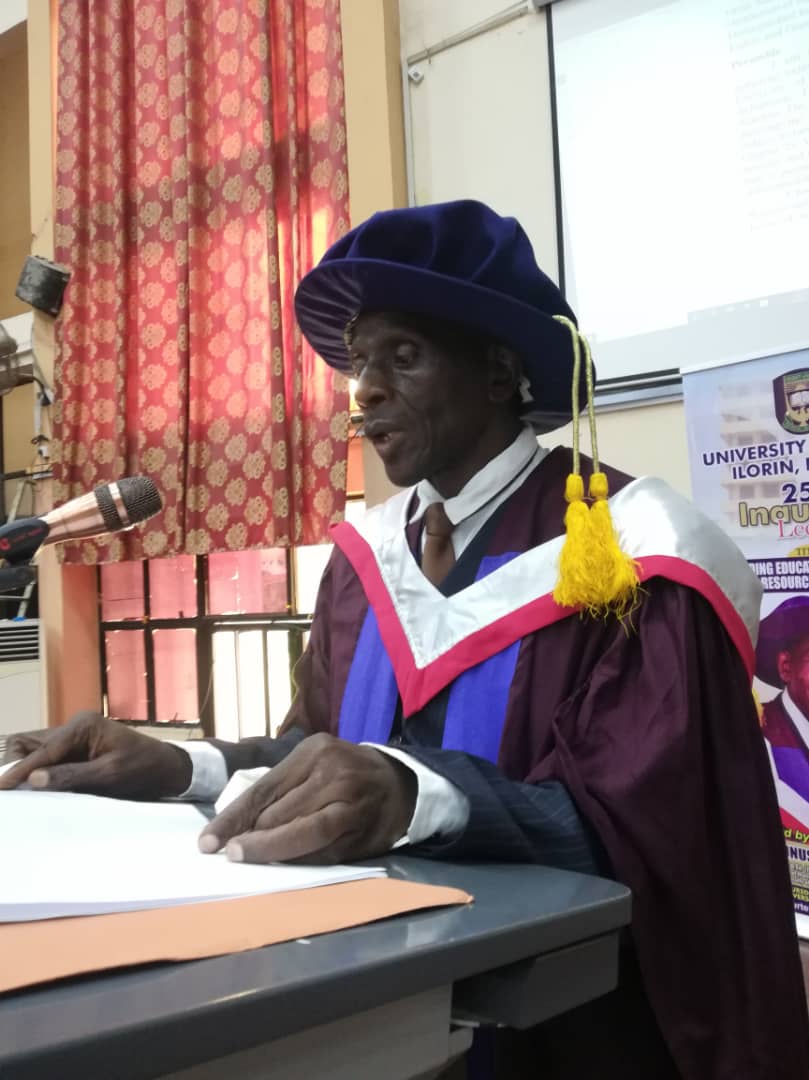In a thought-provoking inaugural lecture held at the University of Ilorin, Professor Yunus Adebunmi Fasasi of the Department of Educational Management illuminated the pressing need for increased accountability in Nigeria’s education sector.
Addressing a diverse audience on Thursday, May 2nd, 2024, Professor Fasasi underscored the pivotal role of education in societal development and emphasized the imperative of holding educational institutions accountable for both resources and outcomes.
The lecture, titled “Holding Education Accountable for Resources and Results,” delved into the multifaceted dimensions of accountability within the educational landscape.
Professor Fasasi elucidated the intricate interplay between stakeholders, including parents, employers, government bodies, and educational institutions, each with distinct interests in ensuring the efficacy of the education system.
Central to the discourse was the notion of accountability as a mechanism for evaluating the performance of individuals and institutions entrusted with educational responsibilities.
Drawing from scholarly insights and practical observations, Professor Fasasi articulated the significance of transparent reporting, performance evaluation, and feedback mechanisms in driving continuous improvement and mitigating systemic inefficiencies.
Moreover, the lecture shed light on the critical role of government agencies and regulatory bodies in fostering accountability through policy formulation, supervision, and resource allocation.
Professor Fasasi underscored the need for robust oversight mechanisms to ensure adherence to standards, optimal utilization of resources, and equitable access to quality education across diverse demographics.
The lecture culminated in a series of recommendations aimed at enhancing educational supervision, optimizing resource management, and aligning educational policies with national development goals. Emphasizing the importance of stakeholder collaboration and proactive measures, Professor Fasasi called for a concerted effort to address systemic challenges and foster a culture of accountability within the education sector.

He urged government agencies, supervisors, parents, and stakeholders to adopt a collaborative approach towards the successful implementation of educational programs, emphasizing the need to avoid blame-shifting and instead focus on collective responsibility.
Stressing the importance of familiarity with education policies and laws, Professor Fasasi called for stakeholders to understand their rights, duties, and limitations, advocating for the incorporation of education law studies into teacher training and orientation programs.
He also emphasized the pivotal role of internal supervisors in managing educational facilities, urging them to prioritize planning, organization, and coordination to ensure the adequate supply, utilization, maintenance, and safety of facilities.
Expressing concern over the proliferation of educational institutions, Professor Fasasi called for adequate funding of existing government and private institutions to realize the nation’s educational objectives, cautioning against hasty establishment of new institutions without guaranteeing quality standards.
Professor Fasasi advocated for long-term planning in educational policies to accommodate future population growth and educational advancements, highlighting the importance of considering future implications during policy implementation.
He stressed the importance of adherence to age specifications and duration at each level of education, urging supervisors to ensure compliance with government policies.
Recognizing the need for continuous professional development, Professor Fasasi called for prospective supervisors to undergo rigorous training and for existing supervisors to engage in ongoing in-service training to cope with societal changes.
Professor Fasasi underscored the importance of regular internal supervision to facilitate timely error correction and ease external supervision processes, emphasizing its integral role in whole-school evaluation.

He emphasized the responsibility of educational institutions’ proprietors to provide a safe working environment and ensure the regular payment of entitlements and promotions to staff.
The inaugural lecture served as a rallying call for renewed commitment to excellence and accountability in education, resonating with educators, policymakers, and stakeholders alike. As Nigeria navigates the complexities of a rapidly evolving global landscape, the insights shared by Professor Fasasi serve as a beacon of guidance towards a more resilient, inclusive, and effective education system.


